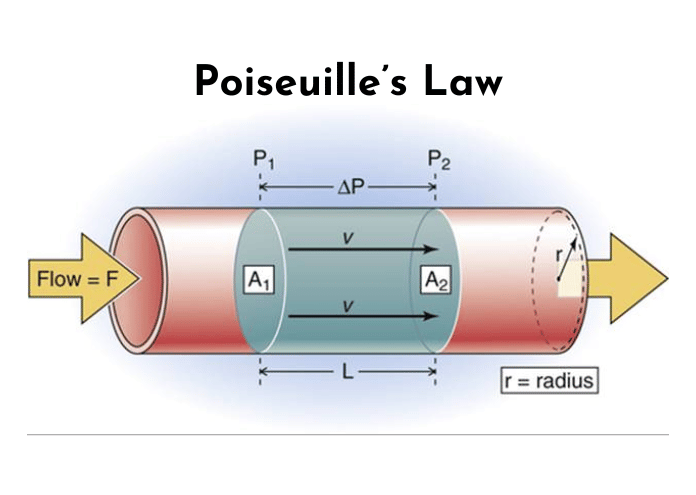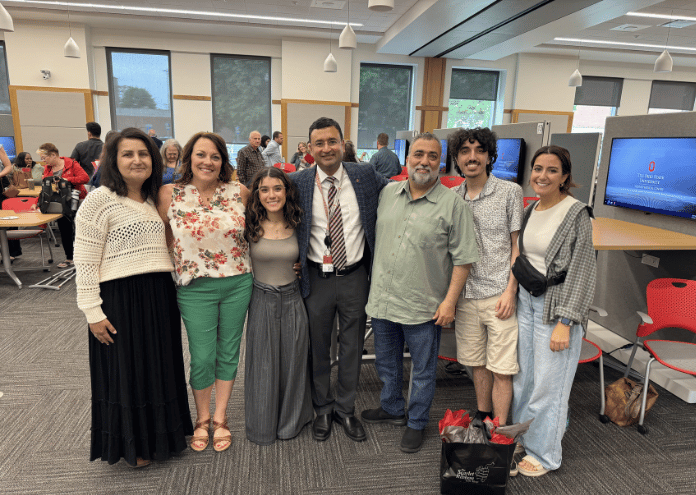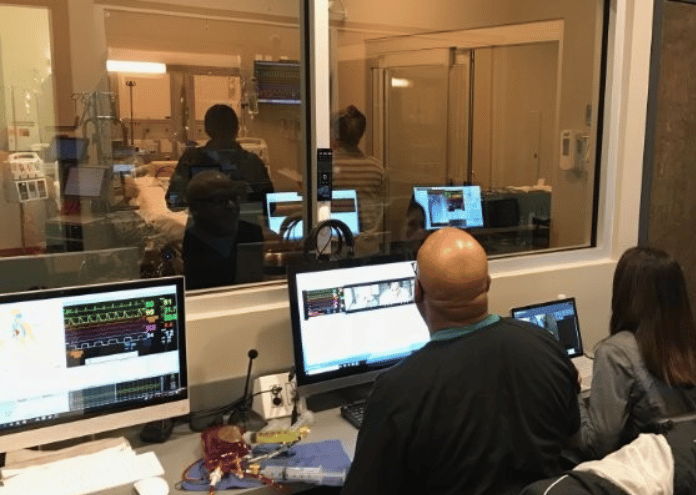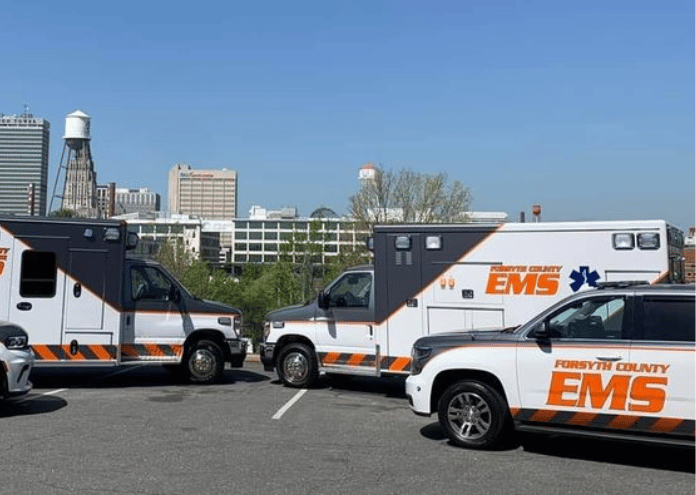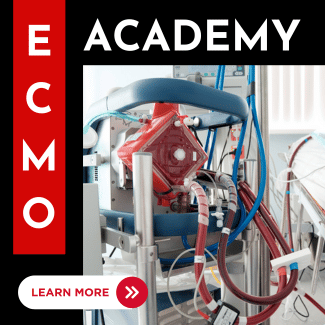The world of Extracorporeal Membrane Oxygenation (ECMO) is complex and requires a team of highly skilled professionals to ensure the best outcomes for patients requiring this advanced life support system. Among these professionals are the ECMO Technician and the ECMO Specialist, each playing a pivotal role in the management of ECMO therapy. While their titles may sound similar, their responsibilities and expertise differ significantly.
ECMO Technician: The Technical Support
An ECMO Technician is primarily responsible for the technical aspects of the ECMO machine. Their role involves setting up the ECMO circuit, ensuring all components are functioning correctly, and performing routine maintenance and troubleshooting. They work closely with the clinical team to provide technical support but do not typically engage in direct patient care or decision-making regarding the patient’s treatment plan.
ECMO Specialist: The Clinical Expert
On the other hand, an ECMO Specialist is a healthcare professional with advanced training in ECMO therapy. They are often registered nurses (RNs), respiratory therapists (RTs), or certified clinical perfusionists (CCPs) who have extensive experience in critical care settings. ECMO Specialists not only understand the technicalities of the ECMO machine but also possess a deep knowledge of the disease processes and the intensive care required for ECMO patients.
Key Differences
- Education and Background:
- ECMO Technicians may have a background in biomedical engineering or a related field, focusing on the mechanical and technical aspects of ECMO machines.
- ECMO Specialists are healthcare professionals with a clinical background, having completed education and licensure as RNs, RTs, or CCPs, followed by specialized training in ECMO therapy.
- Scope of Practice:
- ECMO Technicians are experts in the operation and maintenance of ECMO equipment but do not make clinical decisions.
- ECMO Specialists have a broader scope, encompassing both the technical and clinical aspects of ECMO care. They are involved in monitoring the patient’s physiological response to ECMO, adjusting the settings on the machine, and participating in the overall treatment strategy.
- Patient Interaction:
- ECMO Technicians may have limited direct interaction with patients, focusing more on the equipment.
- ECMO Specialists engage in direct patient care, often serving as a bridge between the technical and clinical aspects of ECMO support.
Conclusion: ECMO Technician vs. ECMO Specialist
The distinction between an ECMO Technician and an ECMO Specialist is crucial for the effective operation of an ECMO program. While both roles are essential, the ECMO Specialist’s clinical expertise and ability to integrate technical skills with patient care make them indispensable in the management of ECMO patients. As the field of ECMO therapy continues to evolve, the collaboration between these two roles will remain vital in delivering high-quality care to critically ill patients.
This article aims to clarify the differences between an ECMO Technician and an ECMO Specialist, highlighting the unique contributions each makes to the field of ECMO therapy. Understanding these roles can help patients, families, and healthcare providers appreciate the specialized care involved in ECMO support. CLICK HERE to read other ECMO Industry Insights.
Looking to expand your ECMO skills or become an ECMO Specialist? CLICK HERE to learn more about the ECMO Advantage Online Academy.



